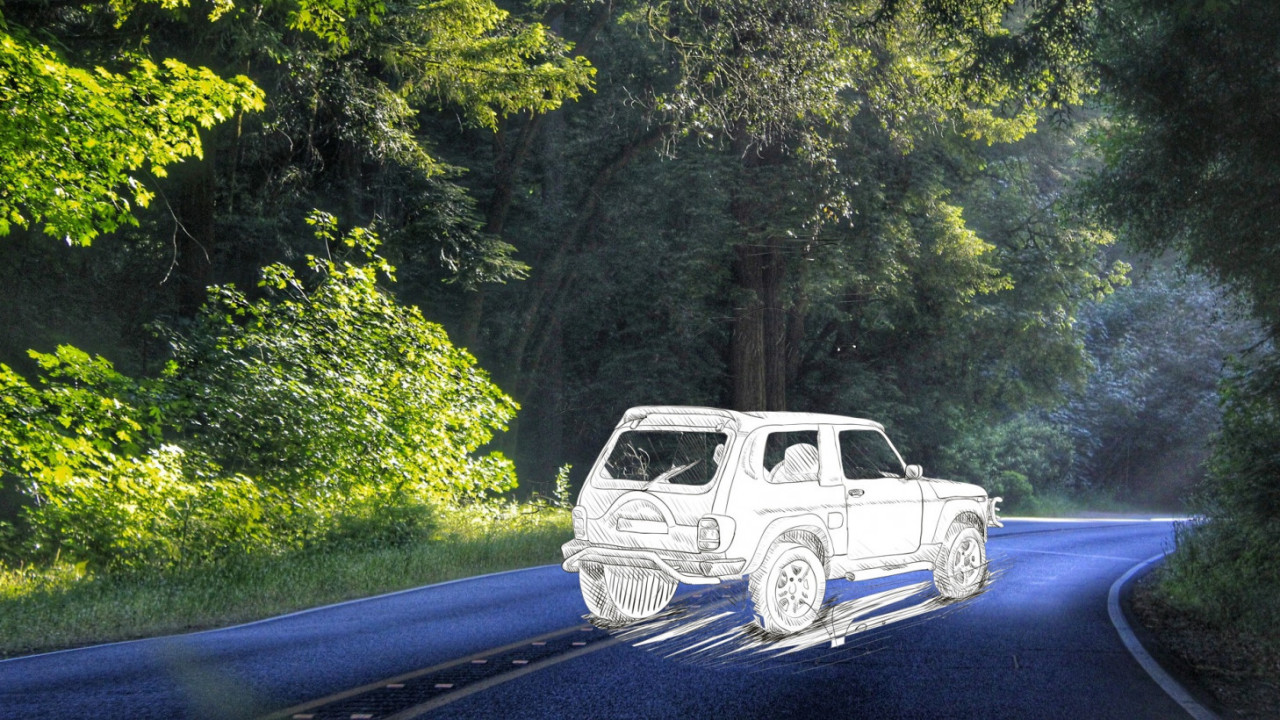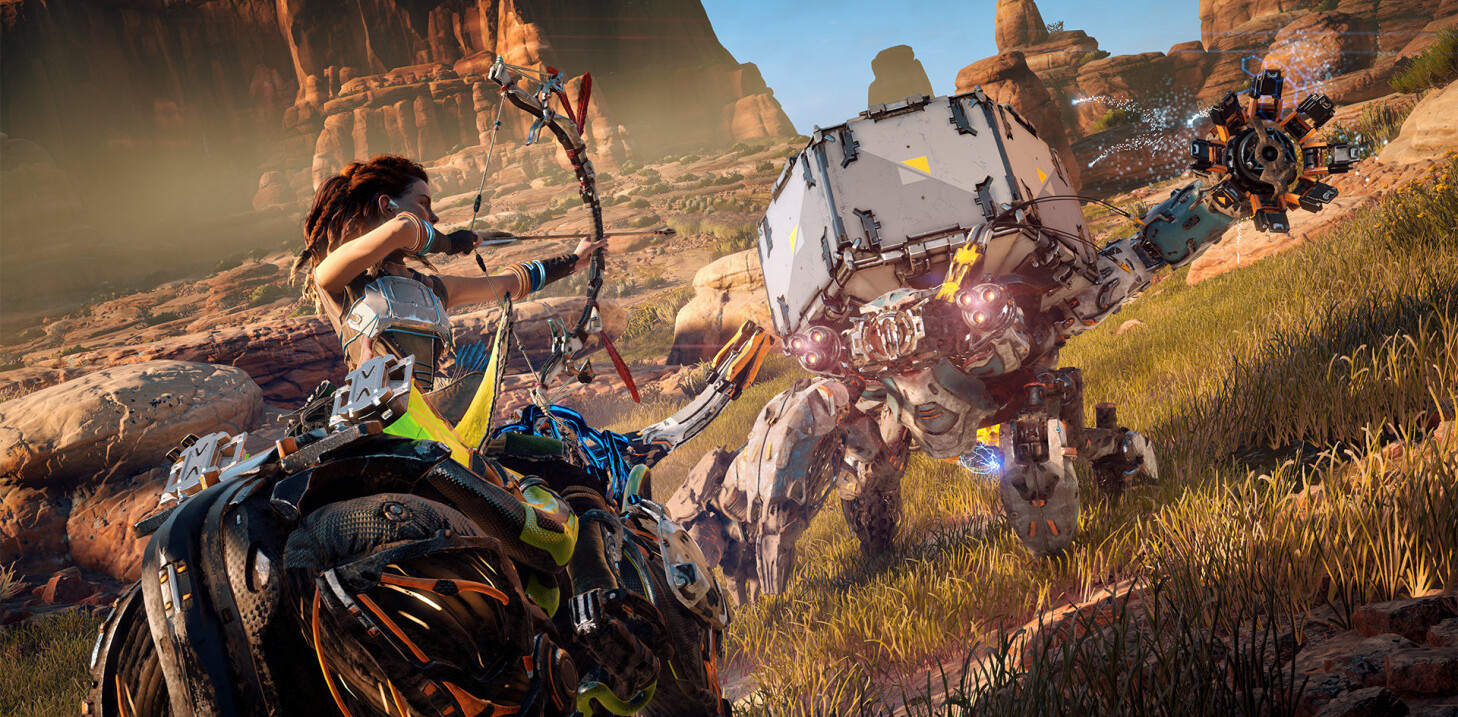
For our ongoing series Fundamentals, we’re looking at different companies worldwide and the basic principles they were built on. This time: ride-sharing service BlaBlaCar.
Yes, the name sounds a little goofy, but BlaBlaCar is anything but. The company has been around since 2006 and is one of France’s few unicorns — a startup valued at over $1 billion. The ride-sharing service is now available in 22 countries. The platform has 70 million users, including eight million active drivers.
The premise is simple: drivers who are about to make a long distance trip — let’s say, from Amsterdam to Paris — can offer empty seats in their car. Other travelers who need to make the same trip can pay to carpool with them. Drivers are not allowed to make a profit, so the costs just cover things like gas and insurance.
Done is better than perfect
BlaBlaCar experienced massive growth in the past years, expanding to 19 new countries between 2011 and 2016. The company was able to grow at this rate by always sticking to its business philosophy: “done is better than perfect.” Or, in other words, ship products fast, get user feedback, make improvements, and ship them again.
Co-founder and current CEO of BlaBlaCar, Nicolas Brusson, has always been a strong force behind this strategy, pushing his team to do the same. It isn’t easy, he tells us in an interview. “It feels counterintuitive to ship something before it’s perfect — presenting it while a feature is still missing, or not working perfectly. It’s my job as CEO to draw the line — we need to ship now — which can be frustrating for product managers and engineers.”
Sticking to their philosophy became even more difficult as BlaBlaCar matured. With growth comes more scrutiny, Brusson continues. “More people will notice your failures, peers will judge your decisions. This puts even more pressure on your technical staff.”
Another concern is the accumulation of technical debt: all those quick fixes and shortcuts put in to maintain momentum will start adding up at some point. And this indeed is an ongoing challenge for the company, and more specifically its CTO Francis Nappez. “At some point, you need to make time to deal with technical debt,” Brusson agrees. “The trick is to not be stuck on that plateau for too long; to keep growing while you fix things.”
Making mistakes
Brusson learned the ropes of entrepreneurship in Silicon Valley in the early 2000s. He studied at Berkeley and worked for fiber optics startup Gemfire, which did not survive the dot com boom.
“Studying and working in the US definitely introduced me to this new entrepreneurial mindset,” Brusson says. “Education in France is very score-based: you get grades for everything so you only open your mouth when you’re absolutely sure of the answer. In Berkeley, we were invited to debate each other, even if that meant coming up with silly arguments. I learned it’s okay to make mistakes sometimes.”
No, it’s not like hitchhiking
Brusson brought this mindset home to France, where he officially joined BlaBlaCar in 2009. The first years were tough, he continues. “BlaBlaCar was founded in 2006 and we received our first funding round in 2010. So our struggling ‘garage phase’ took a long time.”
Back in 2008-2009, investors were already sensing the looming global financial crisis and therefore skeptical of tech startups. At the same time, the “sharing economy” had yet to be coined — companies like Uber and Airbnb had just been founded.
“People just didn’t think it would work,” Brusson says. “They expected the issue of trust would be too big of a barrier; no one would want to share their car with a stranger.” The fact that users would be verified through Facebook didn’t help much either, because most people — specifically in Europe — didn’t use social networks back then.
“When we tried to explain the idea in those days, people would say: ‘So it’s like hitchhiking?’ But when the sharing economy really took off, around 2013, that changed seemingly overnight. All of the sudden, everybody said: ‘Oh, so it’s like Airbnb but for cars!’”
Operationally inhuman
With more recognition came more funding. And with that, even more funding. In July 2014, BlaBlaCar raised $100 million to become the leading ride-sharing service. In September 2015, the company raised another $200 million.
It was during those years that BlaBlaCar went on a global expansion spree — launching in up to five new countries per year and “acqui-hiring” many local competitors in the process. It’s the only thing Brusson wished he’d done differently, he says. “It was operationally inhuman to launch in that many countries in such a short time. We naively approached new markets like they were similar to France. While countries like Russia and India, understandably, require a process that’s completely different.”
Move fast and break things
With a little cynicism, “done is better than perfect” echoes a more infamous Silicon Valley mantra: Facebook’s “move fast and break things.” While the company officially dropped the slogan in 2014, the world is still very much grappling with the consequences.
According to Brusson, “done is better than perfect” becomes problematic when no exceptions are made. Because sometimes, things do have to be perfect. “Companies can’t compromise on privacy and security. You can’t go and tell your users: sorry your data has been leaked, but we were in a real hurry to finish the platform.”
Having said that: the mantra “done is better than perfect” still stands. He would offer companies that start today the same advice, specifically consumer-oriented startups that offer a sleek and user-friendly platform. “If you are creating a new behavior or usage — like, for example, Spotify or Airbnb did — consumer data is your most valuable asset. Just look at e-scooter sharing platforms, a relatively new phenomenon. Those startups can brainstorm endlessly where buttons should go, how to display maps, but in the end, they need to talk to the users: what do they want? What are they willing to pay? Where does the app crash?”
Doing it all again
As for BlaBlaCar, the company plans to expand to other means of transportation. The French unicorn has already acquired Ouibus, a bus operator traveling between big cities. Just like users can book a seat in a private car, they can now also book seats on these buses through their conveniently designed platform. Another new endeavor is BlaBlaLines, a ride-sharing app specifically aimed at commuting. Right now the app is only available in France, but Brusson hopes to expand the service to other countries. “In a way, it’s like we’re back at the beginning — starting locally and moving to new markets. So I’m excited to see how much further we can take this.”
Get the TNW newsletter
Get the most important tech news in your inbox each week.



